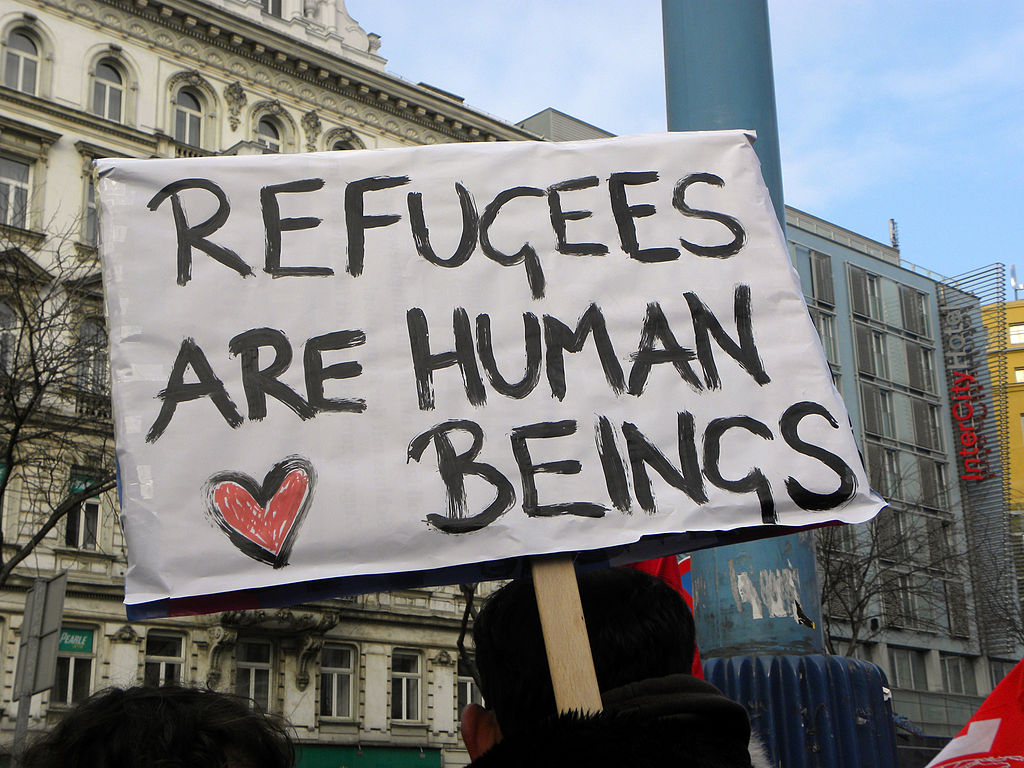Today is World Refugee Day, a day when we celebrate all that has been done to protect refugees, and push for progress as we try to make the world a fairer place for refugees. But, first things first, what does it mean to be called a ‘refugee’ and what rights do they have?
Drawing the boundaries: asylum seekers, migrants, refugees:
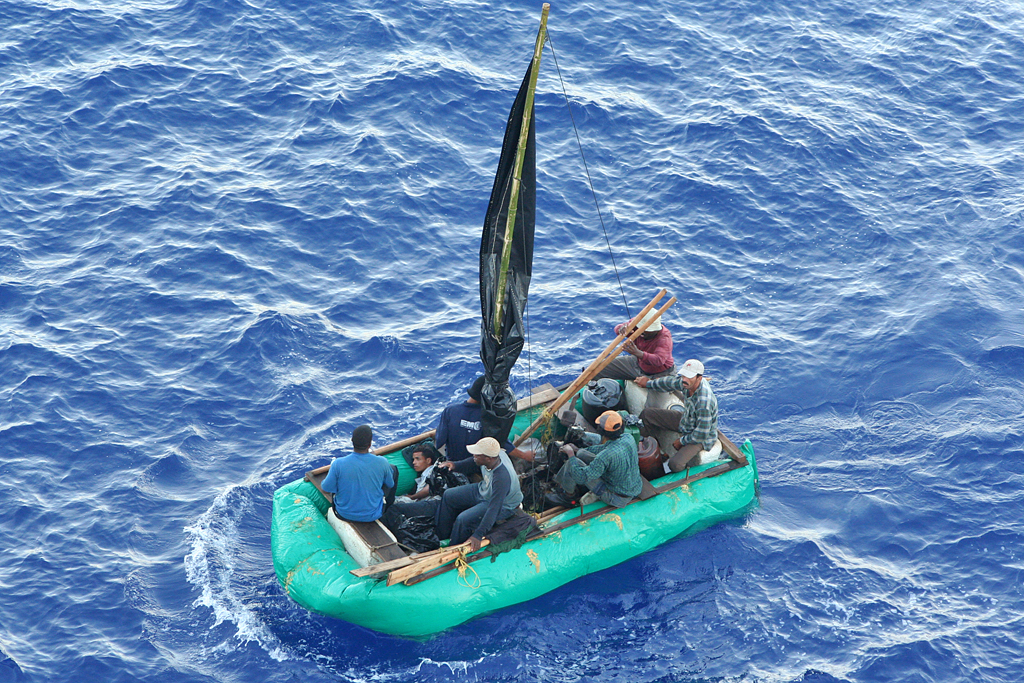
Let’s start with refugees. Post-World War II, many countries came together to create the 1951 Geneva Refugee Convention, which spells out what a refugee is and what kind of legal protection they receive. The 1967 Protocol to the Convention applied the Convention to refugees all over the world at any point in time.
Under the Refugee Convention, people are entitled to refugee status where they are forced to flee from their country due to persecution (that is, serious mistreatment) based on race, religion, nationality, membership of a given social group or political opinion. Refugee status allows people fleeing persecution a basic set of human rights, which is equal to or nearly equal to the human rights enjoyed by citizens of the State.
Oddly, those fleeing from war are not actually included in the definition provided by the Refugee Convention. This is why the European Union has introduced an expanded, “armed conflict friendly” definition of those requiring international protection through the 2011 Qualification Directive. This gives people referred to as “beneficiaries of international protection” (which includes people fleeing wars) a residence permit, the right to work, access to state benefit and to family reunification.
Asylum-Seekers
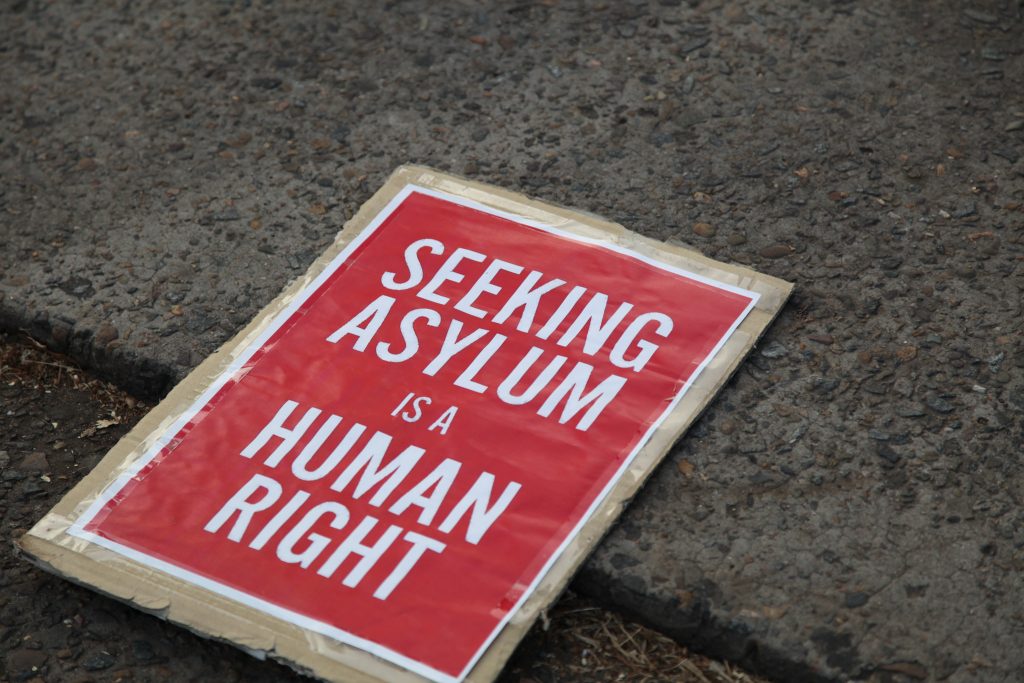
The above benefits only apply if a person’s request for international protection is accepted. Up until that moment they are only asylum ‘seekers’ with no rights to international protection, even if their application is eventually granted.
Economic Migrants
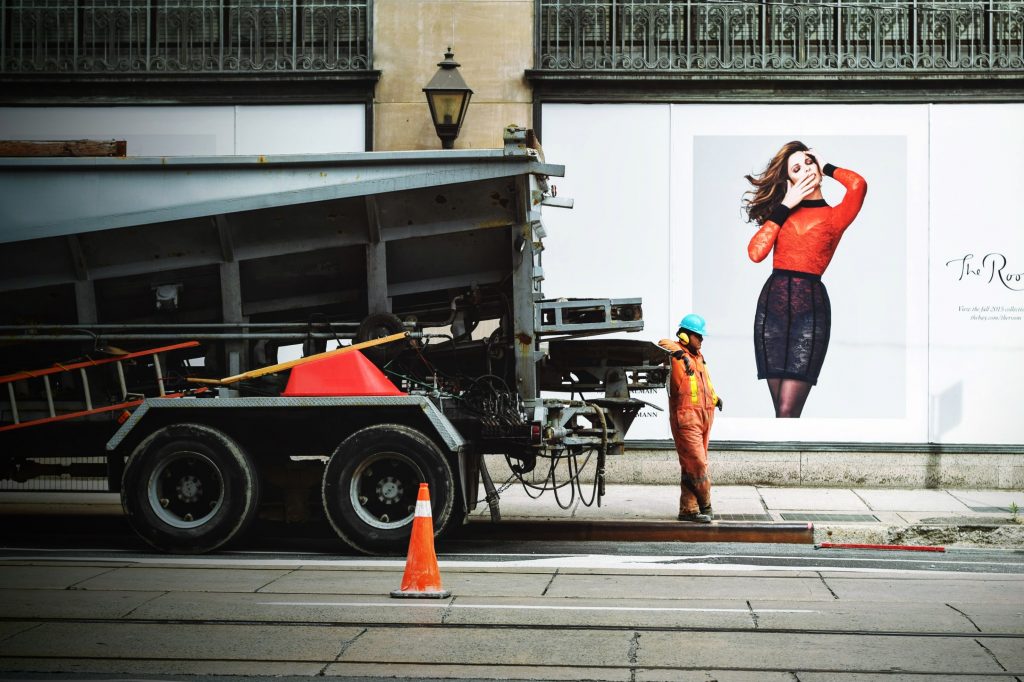
Economic migrants are generally categorised as those people who have moved to another country to work. Any migrant fleeing war or harm that does not reach the threshold for international protection will be deemed to be an economic migrant. To stay in the UK this will mean having to pass a rigid points-based system designed to assess applicants’ eligibility for a work or study visa.
The complexity of applying for asylum in Europe
Two crucial points must be highlighted to give a full picture of what it actually means to (try and) seek asylum in Europe.
Getting to Europe
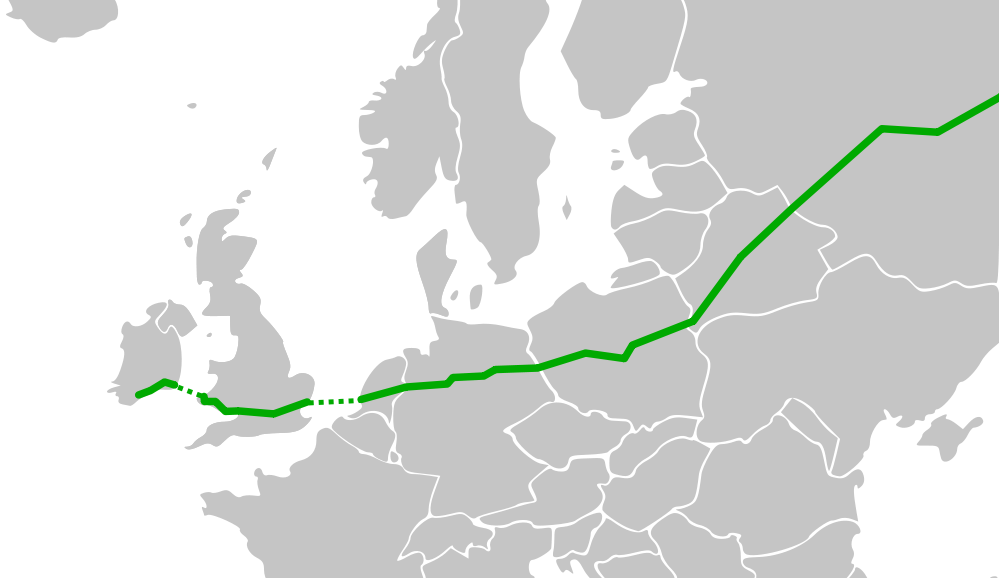
First, you have to get to Europe. You can’t apply for asylum from abroad – you have to already be in the territory of the country you want to stay in. This is often dangerous, as you may have to cross through militarized zones to get there. You may also have to make illegal border crossings, as you likely won’t be legally in the country until your application is determined.
To further complicate things, under EU law, you usually only get asylum in the EU country you first arrived at. Which means people go through perilous journeys to arrive at their desired country first.
To combat these difficulties, human rights groups in Italy have recently piloted the “humanitarian corridors” project, which aims to allow 1,000 asylum seekers safe and legal access to Europe in the next two years.
Accessing your rights

Finally, even when you get to an EU country, your asylum rights may not be easily realisable. The EU asylum system is crumbling under the pressure of the many requests and the impracticalities of current policies such as the Dublin Regulation, which mean asylum rights are often unjustly refused by national governments– as happened to the unaccompanied children stuck in the Calais “Jungle”.
Countries close to the countries refugees are fleeing are also overburdened with asylum requests. The Greek government has responded to the vast number of applications it receives by setting up a new Skype asylum request submission system. Despite sounding promising, it is vastly under resourced and “in practice it means waiting without end”.
So what are you waiting for? Make 2016 the year you are #WithRefugees by signing this UN petition to ensure every refugee gets an education, somewhere safe to live and an opportunity to learn new skills.

